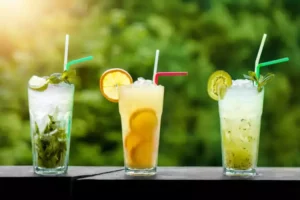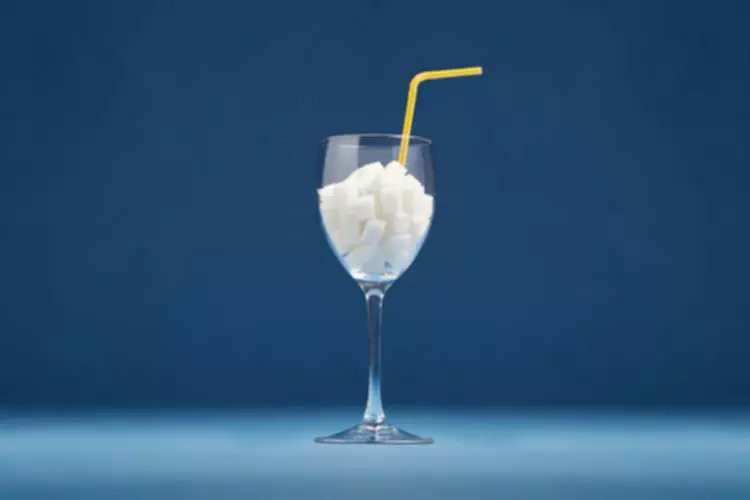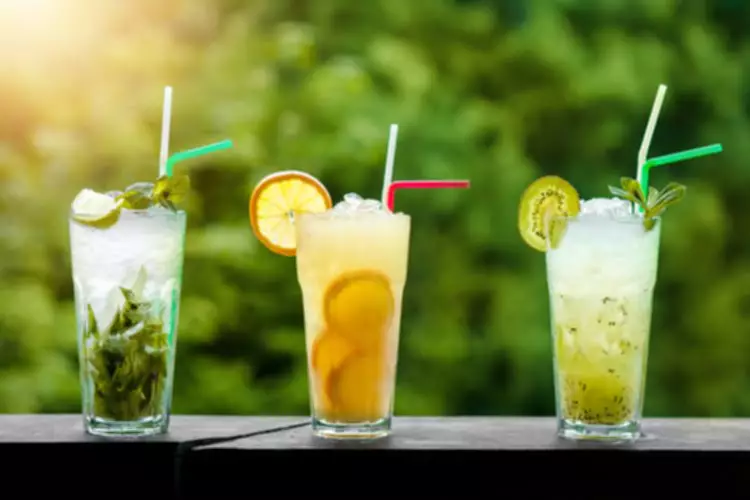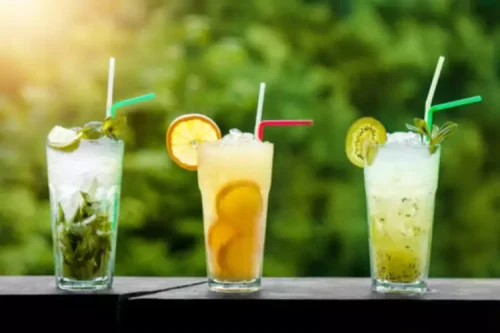
These foods also have the bonus of being easy on the digestive system if yours is upset from drinking too much alcohol. It’s probable that a cocktail such as a vodka and soda is less dehydrating than a straight shot of alcoholism treatment vodka. Dehydration is also a big part of why you get a hangover after drinking too much.

Why does alcohol cause dehydration?
Dehydration contributes to hangovers but is just a piece of the puzzle. Dehydration can affect multiple bodily functions and cause a wide range of symptoms. Kelly Kennedy is a licensed dietitian-nutritionist with over 14 years of experience in digital media. She manages and oversees nutrition content, recipe development, meal planning, and diet and nutrition coaching at Everyday Health.
What About Alcohol Makes It Dehydrating?
- Drinking after a nutrient-dense meal of healthy carbohydrates, protein, fiber, and fats provides more of a “slow release” effect.
- “Hangover severity and thirst were not improved by water intake, indicating that hangovers and dehydration are related, but separate effects of alcohol consumption,” she says.
- Specifically, alcohol can lower levels of potassium and magnesium, two important electrolytes.
- The process is called diuresis, which on its own causes dehydration 1.
This can prematurely age you as you gain more lines and wrinkles on your face. One study with over 3200 participants found excessive alcohol consumption is linked to accelerated facial aging. The effects here include increased facial lines, eye puffiness, loss of facial volume, and broken blood vessels. Any beverage containing 4% and above alcoholic contents can cause dehydration. Too much consumption may even lead to a visit to the hospital.
Can certain types of alcohol dehydrate you more than others?
Nearly 1 in 4 adults (23 percent) said that they increased their alcohol consumption during the pandemic, according to a 2021 report from the American Psychological Association. So what can you do to make sure you don’t get that infamous hangover headache caused by dehydration? Let’s find out and get a little background on why alcohol dehydrates you in the first place. If you don’t drink enough water with alcohol, you can become dehydrated quickly. Jumping can cause physical injury or render you unconscious, leading to drowning. When we breathalysed people at four Australian rivers, we found higher levels of blood alcohol with higher temperatures, and particularly on public holidays.
Does Alcohol Dehydrate Muscle, Skin, or Both?

Unless you were simultaneously sun-bathing and drinking a bottle of rosé, those feelings were probably different. One probably involved craving cold water and urinating a few shades darker than normal, while the other probably involved feeling like your head was in a vice and being unwilling to get out of bed. However, water might build up in other areas as our body tries to hold onto the fluids it has. Drinking water while you’re still drunk isn’t going to prevent you from becoming dehydrated, but it may does alcohol hydrate you help lessen the degree to which you’re dehydrated.
- Normally, your body controls levels of certain minerals (or electrolytes) in the blood.
- Replenish fluids and minimize alcohol dehydration symptoms by drinking at least one glass of water for each alcoholic drink you consume.
- There are, however, some studies to suggest that alcohol may have some other health benefits when enjoyed in moderation.
- According to science, about 90% of alcohol is eliminated by our liver, but 2-5% of alcohol leaves our body through urine, sweat, or breath.
Other hazards include cold water, high waves and deep water, all of which your body may not be capable of dealing with if you’re feeling the effects of a big night. Alcohol, including the day after drinking, can also make drowning more likely for a number of other reasons. Well, when you drink alcohol, you increase chances of cell damage and increased skin ageing.

The best way to quickly rehydrate is to regain the minerals flushed out due to excessive urination. Although it’s unknown whether alcohol dehydrates muscle, it still has an effect. Dehydration occurs when fluid loss is greater than fluid intake. Some cocktails can take a toll on your hydration because of additional ingredients.
Heart problems:
- Contrary to popular belief, alternating alcoholic drinks and water will not help you avoid dehydration.
- A meal or snack can help restore some of the nutrients lost from dehydration while soaking up any alcohol still in your digestive tract.
- Both the very old and the very young are more vulnerable to the cold than people in other age groups, Wipfler said.
- As MedlinePlus points out, calories from alcoholic beverages can add up quickly.
- If you know there’s going to be more than one margarita on the cards, a little prep beforehand could come in handy for the following day.
Understanding how consuming alcohol leads to increased urination requires an understanding of ADH. ADH stands for antidiuretic hormone (also known as vasopressin). When the human body senses it is getting dehydrated, the pituitary gland produces ADH to reduce urination. Yes, alcohol has a diuretic effect, which means that consuming alcohol increases urine production and leads to fluid loss and dehydration. When you’re drinking more than usual, it’s important to remember to consume alcohol https://ecosoberhouse.com/ responsibly (for both your health and safety!).

You’re drinking on an empty stomach

Additionally, as older adults face more significant life changes, such as retirement or the loss of loved ones, drinking can sometimes amplify feelings of loneliness or depression. Being mindful of these effects can help you make healthier choices about drinking. Metabolism naturally slows as we age, which affects how our body processes alcohol. In your younger years, your liver might process alcohol relatively quickly, making it easier for your body to bounce back after a night of drinking. “Essentially, when you’re dehydrated, you’ll feel alcohol’s effects sooner and for longer,” Pfau says.
